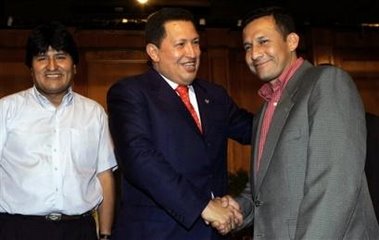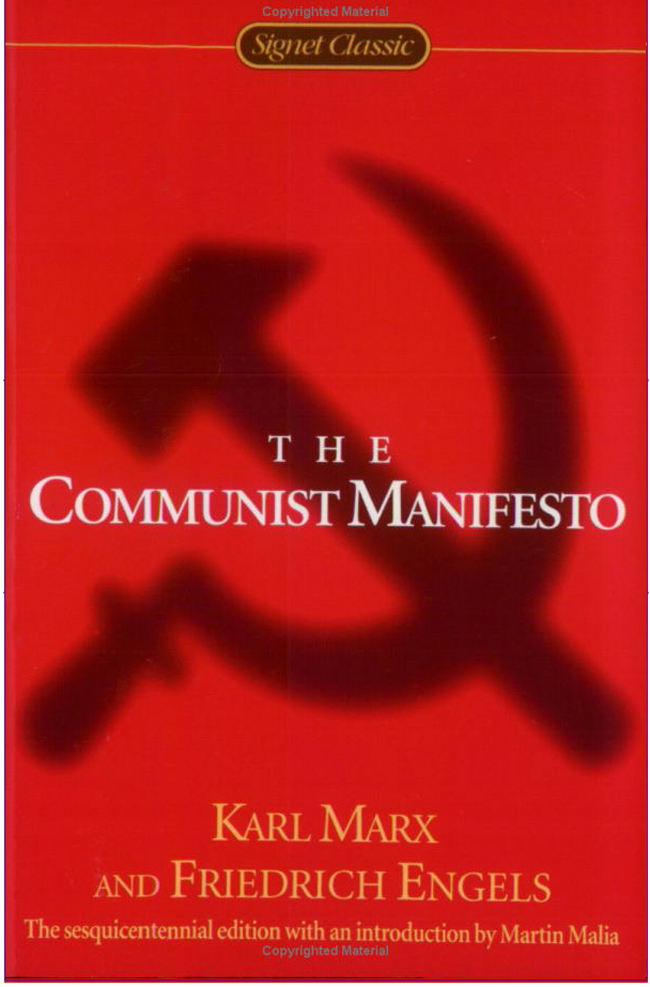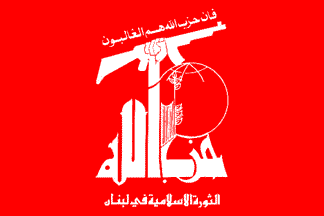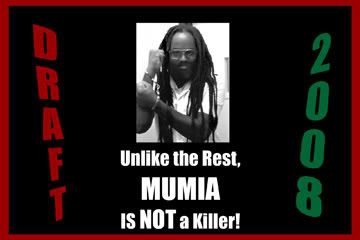Will Peru's Election Drive Another Nail into the Monroe Doctrine's Coffin?

Today's election in Peru pits the anti-imperialist Ollanta Humala - candidate of the poor - against Uncle Sam's preferred candidate, Ex-President Alan Garcia, who represents the ruling class. Like so many other political campaigns in the region - in Haiti, Bolivia, and Venezuela (where Democratic party Apparatchik James Carville worked against Chavez) - Uncle Sam's propagandists, vote-riggers, and election fixers have deployed in force to affect the outcome.
It has done this chiefly by commissioning pollsters who fraudulently predict outcomes favorable to Uncle Sam's favored candidate. They cherry-pick the people questioned, interviewing only wealthier voters in order to predetermine results that ignore the true makeup of the electorate.
The usual outcome in such elections is often a "surpise" landslide victory, in defiance of the polls, by the candidate of the poor and "shock" at the outcome on Sam's Plantation. Look for that again following today's election.
In the case of Peru, the Washington Post used these fake polls to editorialize about how Garcia's effort to demonize Humala by likening him to Comrade Chavez has boosted his campaign.
Days before the election, the Financial Times began distancing itself from the polls. Hal Weitzman reported on Thursday:
No institution is better suited for this task than the New York Times.
In a predictably unbalanced report in Sunday's Times, for example, chronic prevaricator Juan Forero quotes a litany of Garcia supporters (without bothering to interview a sole Humala backer) including Chris Sabatini.
Reporting that Sabatini is "senior director of policy at the Americas Society-Council of the Americas in New York," Forero disingeneoulsy fails to mention, however, that until recently Sabatini was the "senior program officer at the National Endowment for Democracy for Latin America and the Caribbean." While there, Sabatini was charged by Uncle Sam with, among other things, attempting to fix Venezuela's election by giving more than "$1 million in projects related to an anti-Chavez referendum and opposition groups."
In his piece, Forero does point out that Garcia's first tenure in office was an abject failure "characterized by the four-digit inflation, food scarcity... and widespread abuses by the army."
And it is likely these numbers - not the fictitious ones contrived by Uncle Sam's pollsters - that will matter as Peruvians head to the polls today.
It has done this chiefly by commissioning pollsters who fraudulently predict outcomes favorable to Uncle Sam's favored candidate. They cherry-pick the people questioned, interviewing only wealthier voters in order to predetermine results that ignore the true makeup of the electorate.
The usual outcome in such elections is often a "surpise" landslide victory, in defiance of the polls, by the candidate of the poor and "shock" at the outcome on Sam's Plantation. Look for that again following today's election.
In the case of Peru, the Washington Post used these fake polls to editorialize about how Garcia's effort to demonize Humala by likening him to Comrade Chavez has boosted his campaign.
Elections are taking place... in a host of Central and South American countries -- and politicians in most of them are finding that linking their opponents to Venezuela's demagogue works wonders. The biggest beneficiary may be Peru's Alan Garcia, who is the front-runner in Sunday's presidential election runoff...Typical of their editorial page, the Post ignores that Peru's President, Alejandro Toledo - a Garcia supporter - boasts "an approval rating of under ten percent—the lowest of any president in Latin America."
His opponent... has been endorsed by Mr. Chavez, and Mr. Garcia has focused his campaign on that point, saying only he can prevent Peru from becoming "a colony of Venezuela." It's a logical strategy: Mr. Chavez's approval rating in Peru is 17 percent.
Days before the election, the Financial Times began distancing itself from the polls. Hal Weitzman reported on Thursday:
In recent weeks opinion polls had given Alan Garcia, the populist former president from 1985-1990, a comfortable lead of up to 20 percentage points over Ollanta Humala, his radical nationalist rival.Uncle Sam's campaign against Humala goes well beyond fake polling, however. A report in Venezuelanalysis breaks the case of Moisés Boyer Riobueno.
But “simulation” surveys – in which respondents participate in a “mock vote” – in the past week have suggested that the race may have a much closer finish.
Thursday, Boyer announced that he was captain in the Venezuelan army, and denounced orders he says he received from the Venezuelan government to be part of a conspiracy against the Peruvian elections. He said that the Chávez administration had given $600,000 to finance the campaign of Ollanta Humala.Boyer's story, though, is a complete lie - one that that smacks of Uncle Sam's involvement. The report continues:
The Venezuelan Ministry of Communications strenuously denied the allegations in a recent press release. “The campaign of Peruvian Candidate Alan Garcia and of the government of that country against President Hugo Chávez Frías continues advancing without scruples: this time they have reached the extreme of contracting a known mercenary,” said the statement.Black Ops and fake polling constitute ways in which Uncle Sam has endeavored to influence the outcome of the election in Peru to suit ruling-class interests. But theier campaign has another function, too: propagandizing Uncle Sam's Amerikaner population.
The Ministry of External Relations denied that Boyer was ever a soldier in the armed forces of Venezuela.
Some Peruvian officials have also expressed skepticism about Boyer’s identity. “If [Boyer] really is Venezuelan, he has lived in Trujillo for more than three years. He works as a bellhop in a restaurant called Al Carbon, owned by a militant [loyalist to Garcia’s party], named Jorge Olivera. What’s more, in the last electoral campaign he worked as a bodyguard for a congressional candidate of Congreso de Alianza por el Futuro,” said Alberto Escudero, Congressman Elect for Unión por el Perú, according to Peru’s El Comercio.
No institution is better suited for this task than the New York Times.
In a predictably unbalanced report in Sunday's Times, for example, chronic prevaricator Juan Forero quotes a litany of Garcia supporters (without bothering to interview a sole Humala backer) including Chris Sabatini.
Reporting that Sabatini is "senior director of policy at the Americas Society-Council of the Americas in New York," Forero disingeneoulsy fails to mention, however, that until recently Sabatini was the "senior program officer at the National Endowment for Democracy for Latin America and the Caribbean." While there, Sabatini was charged by Uncle Sam with, among other things, attempting to fix Venezuela's election by giving more than "$1 million in projects related to an anti-Chavez referendum and opposition groups."
In his piece, Forero does point out that Garcia's first tenure in office was an abject failure "characterized by the four-digit inflation, food scarcity... and widespread abuses by the army."
And it is likely these numbers - not the fictitious ones contrived by Uncle Sam's pollsters - that will matter as Peruvians head to the polls today.







<< Home